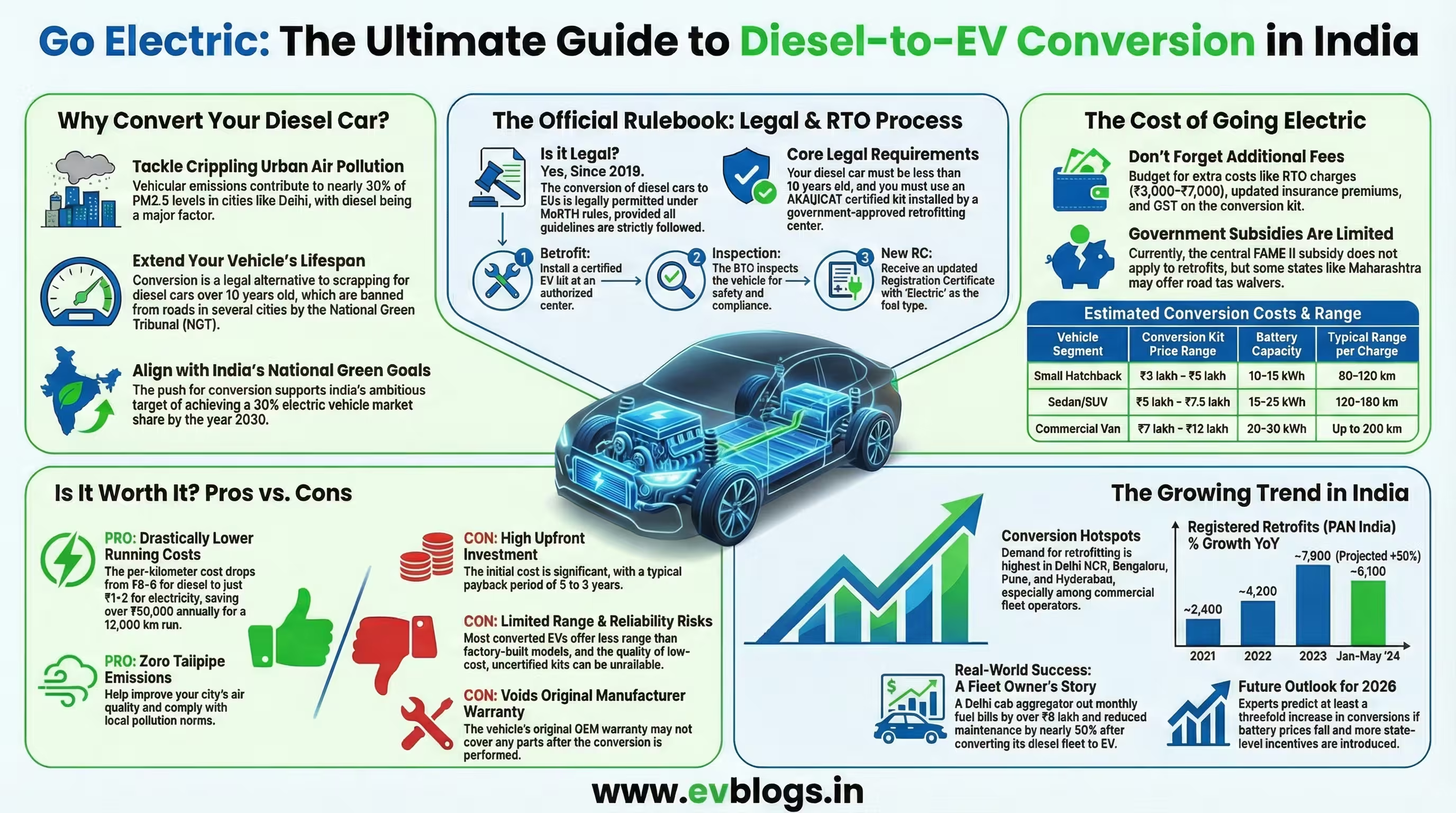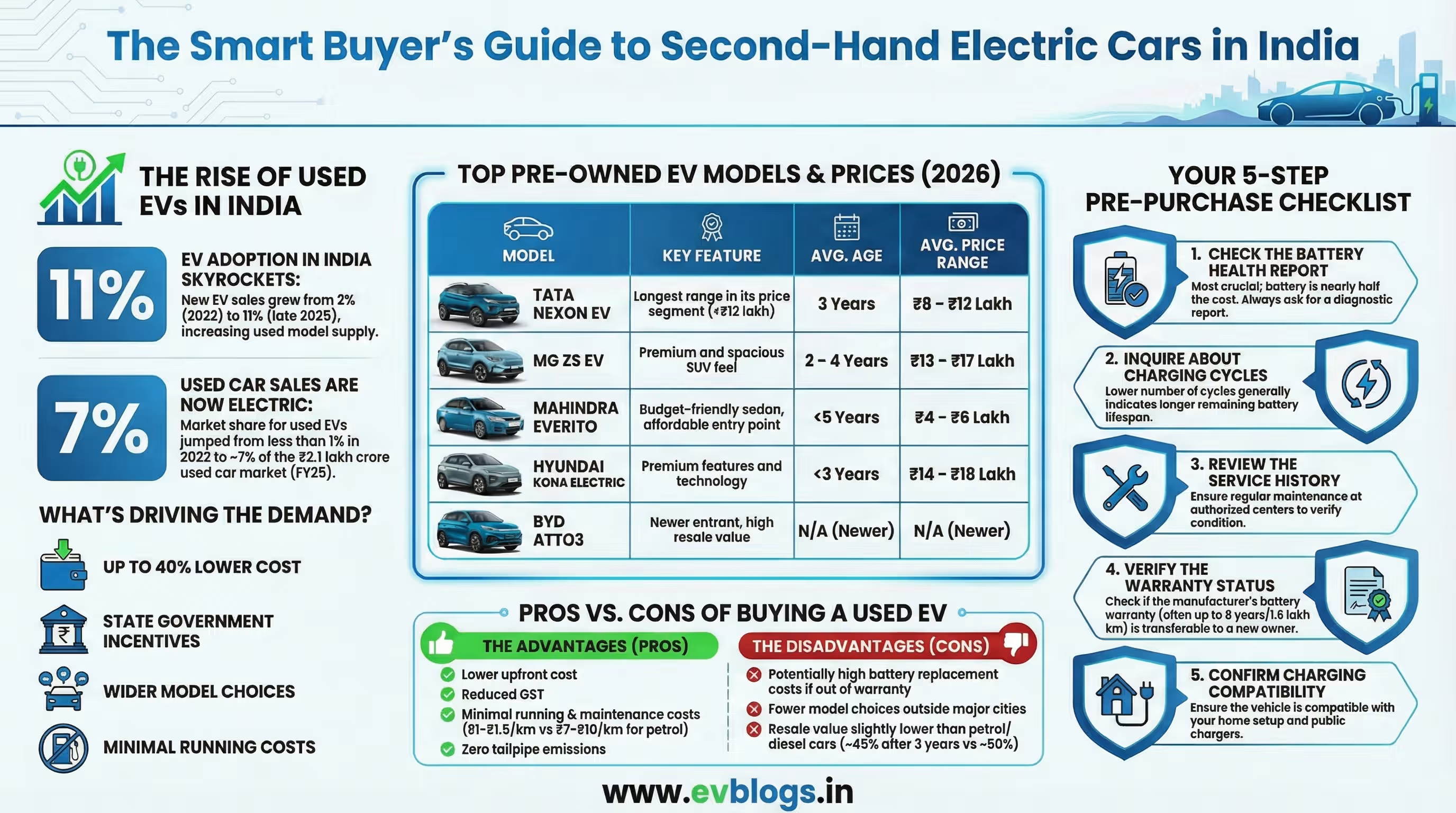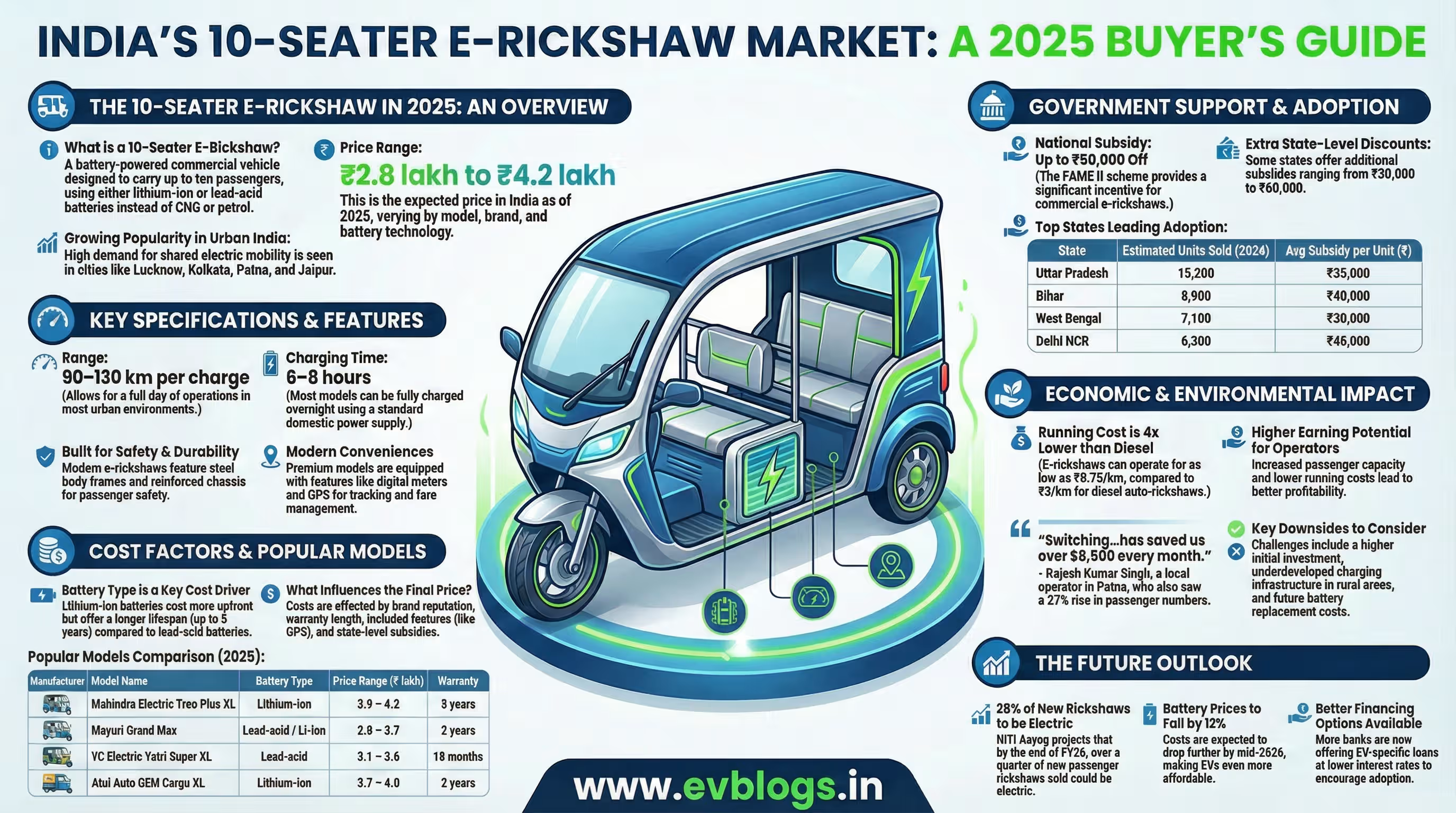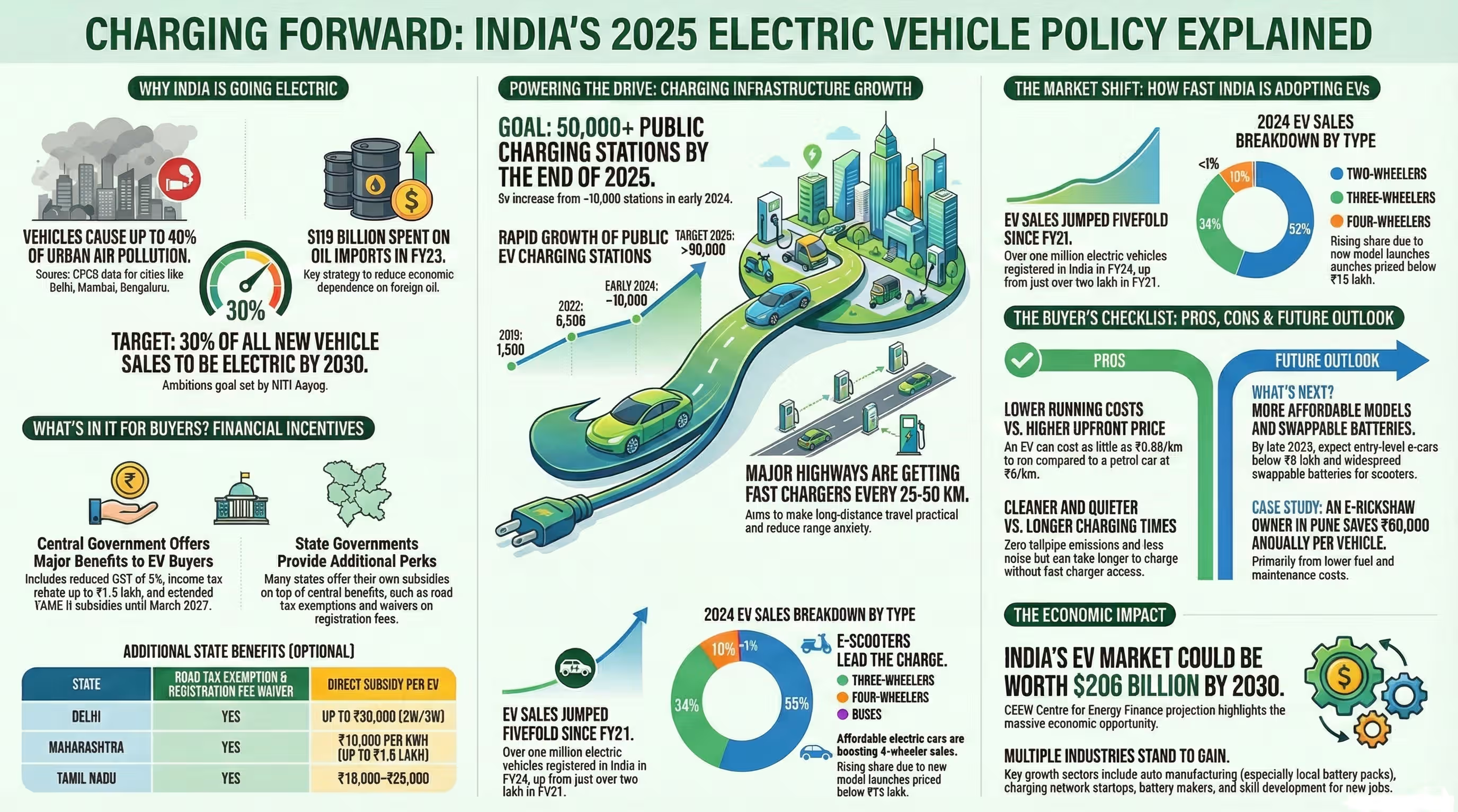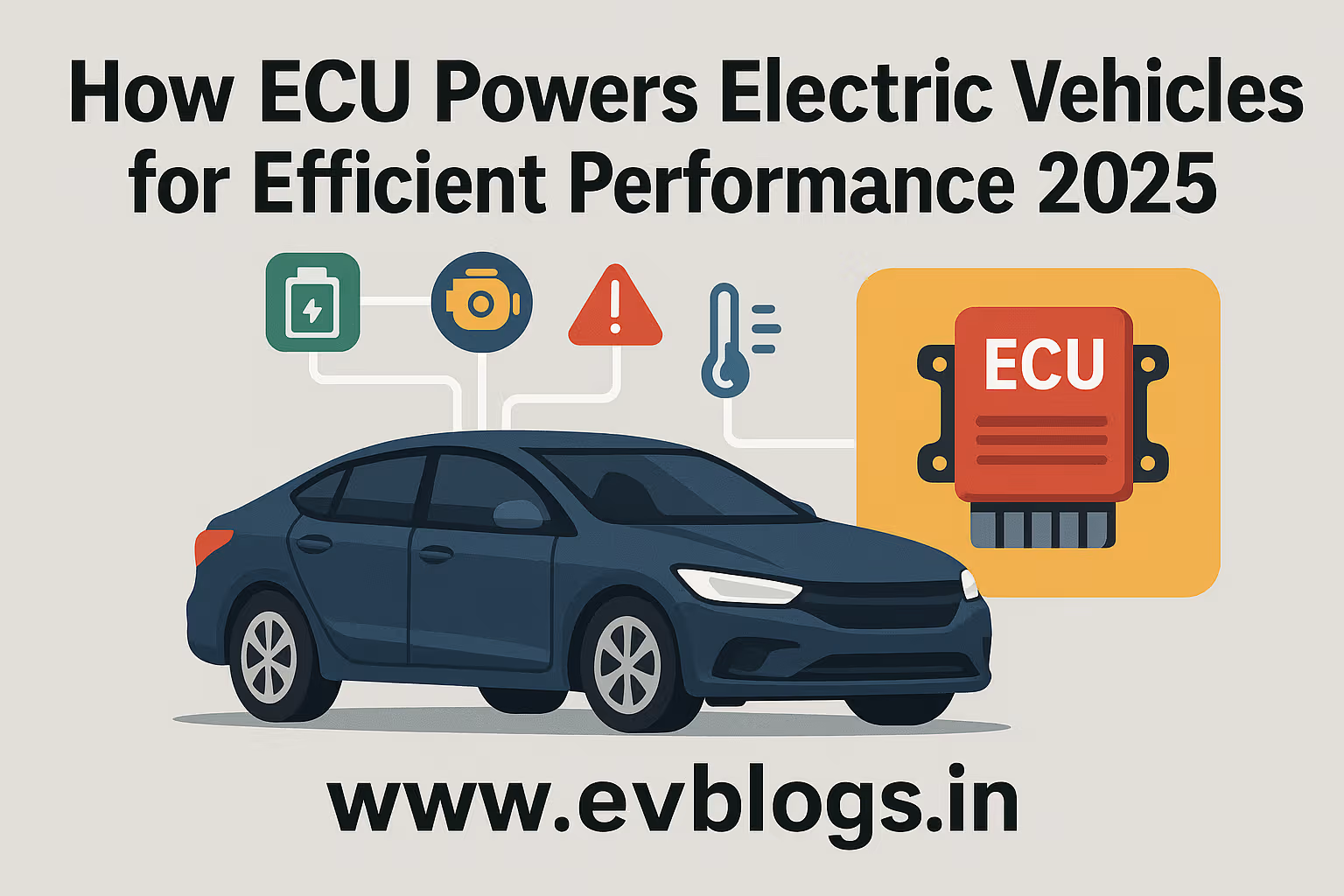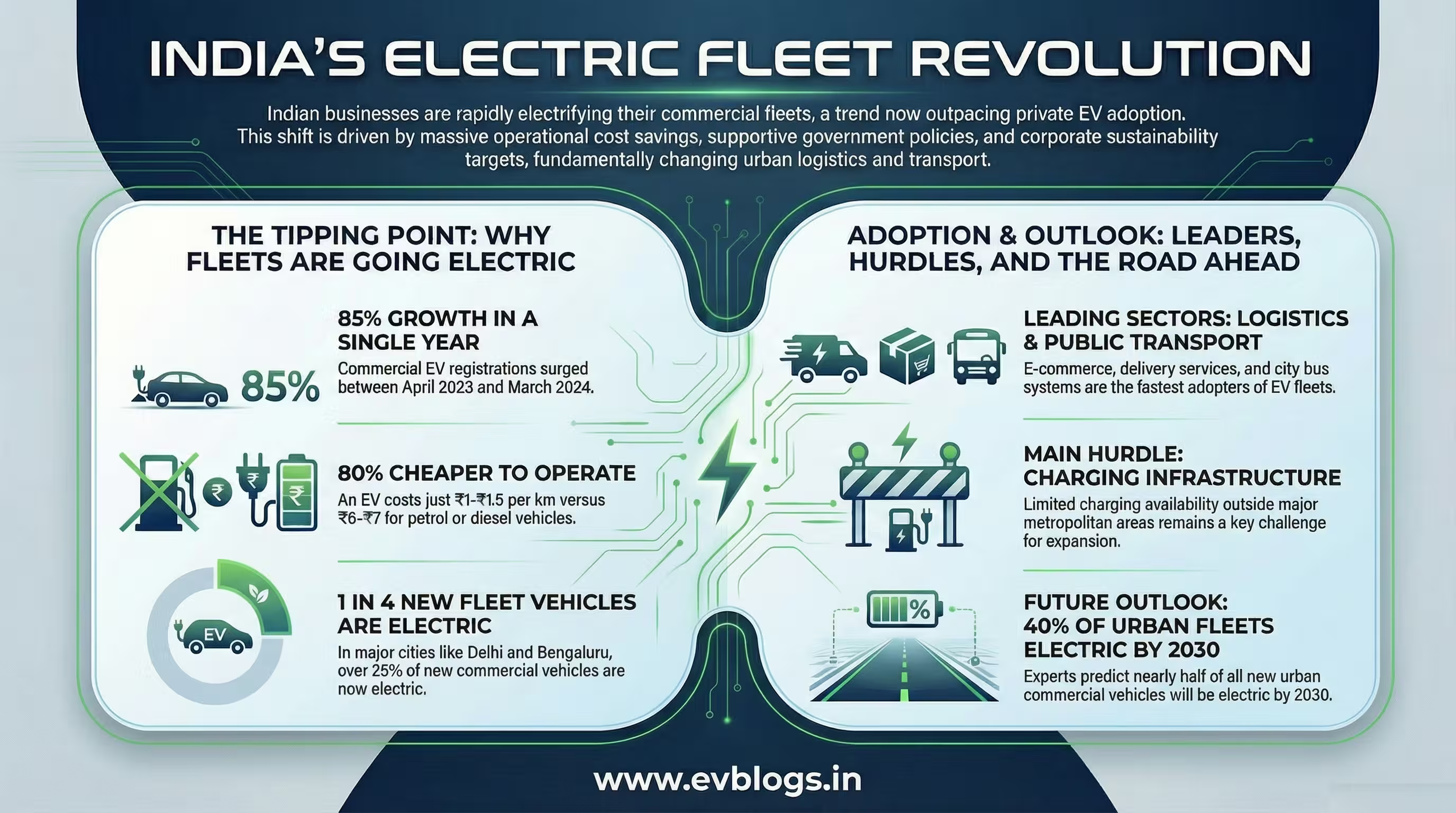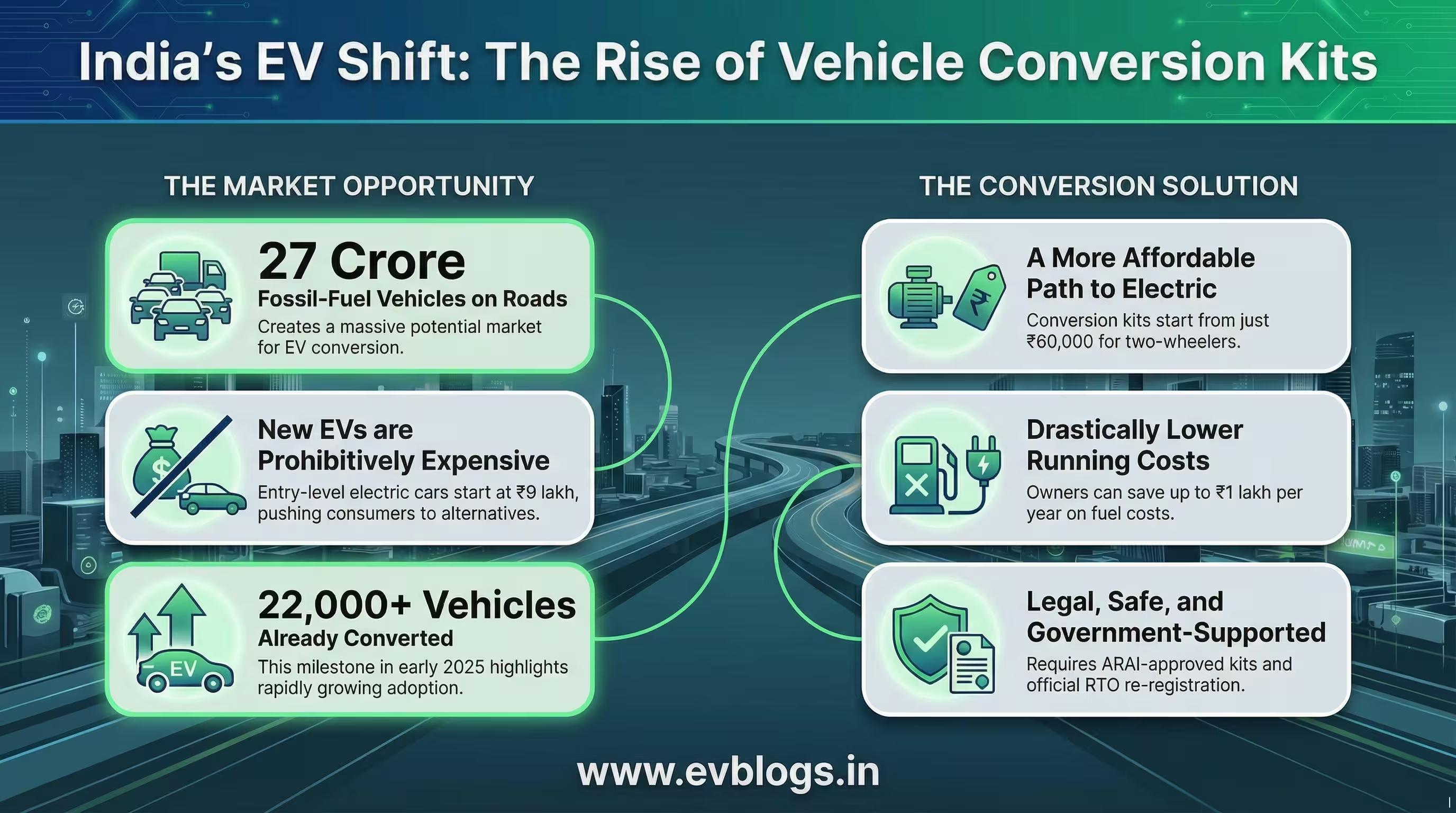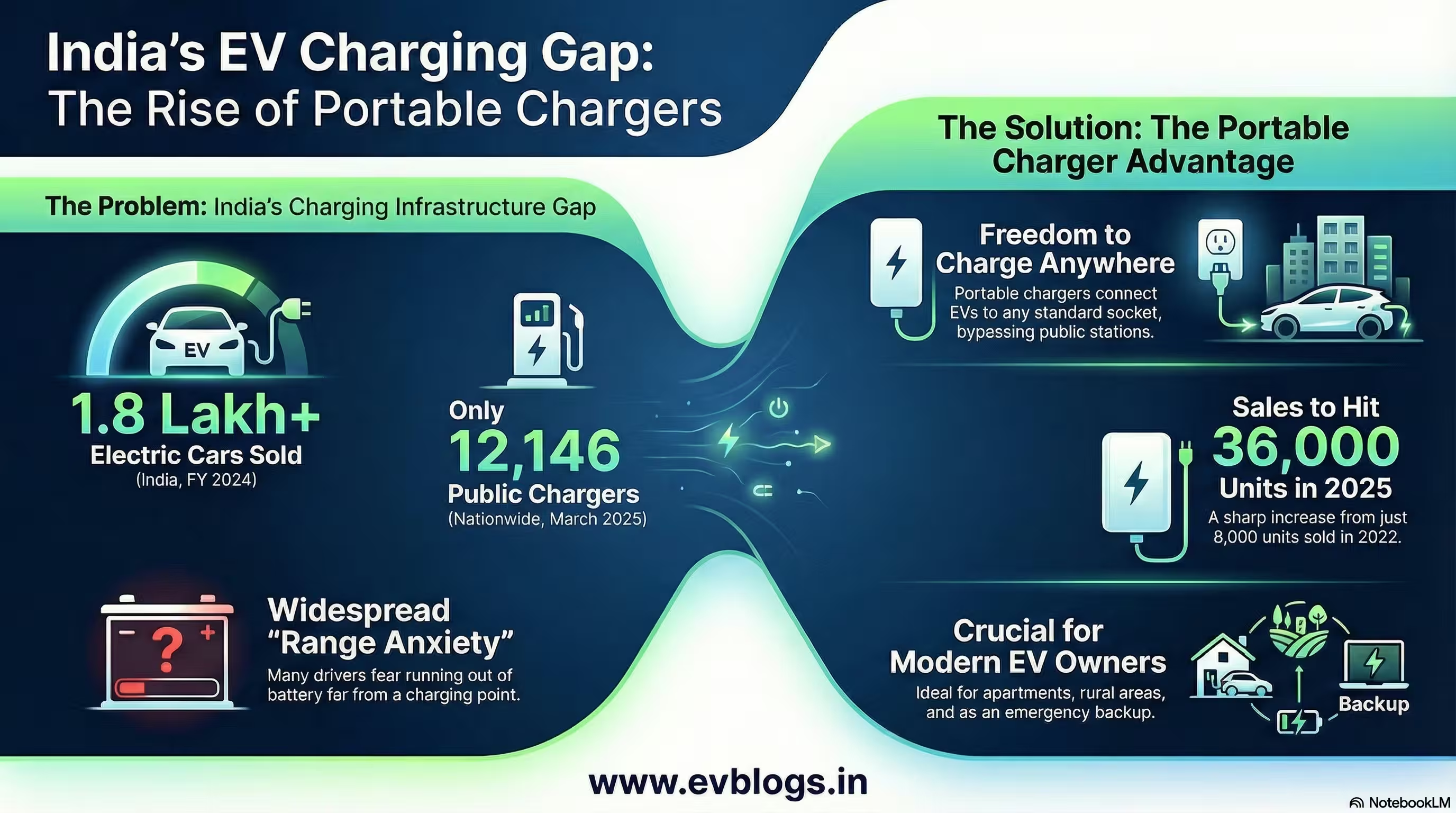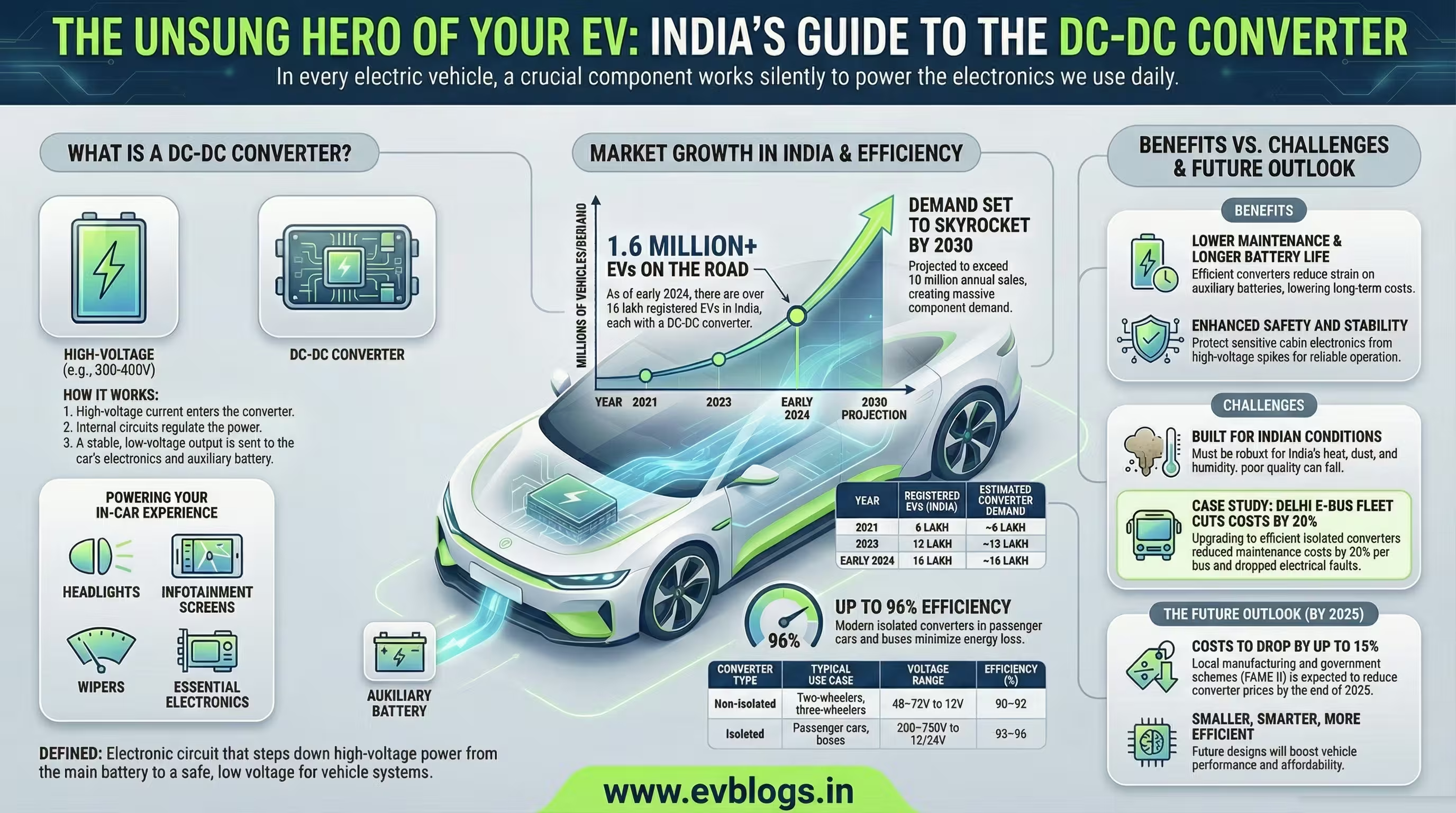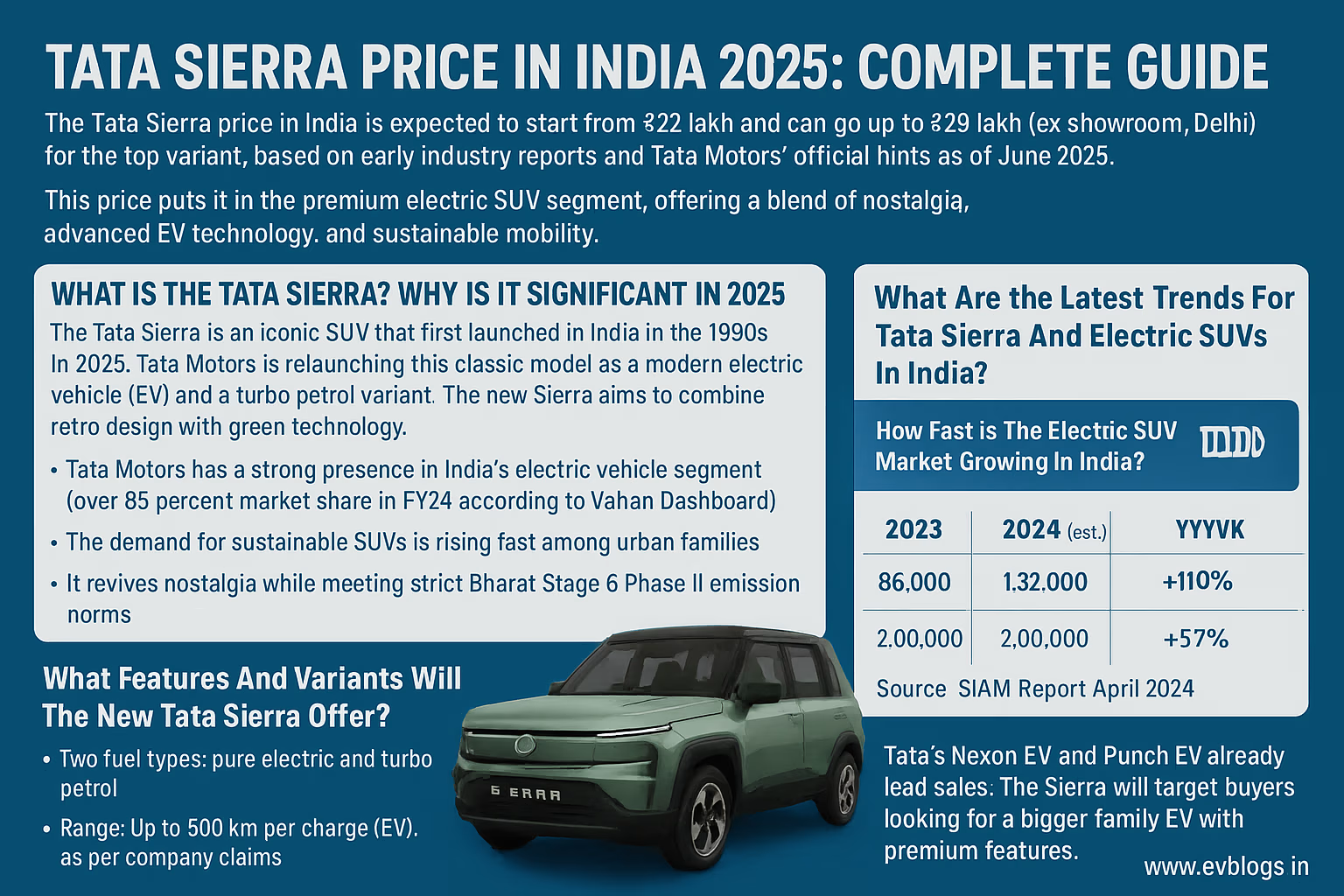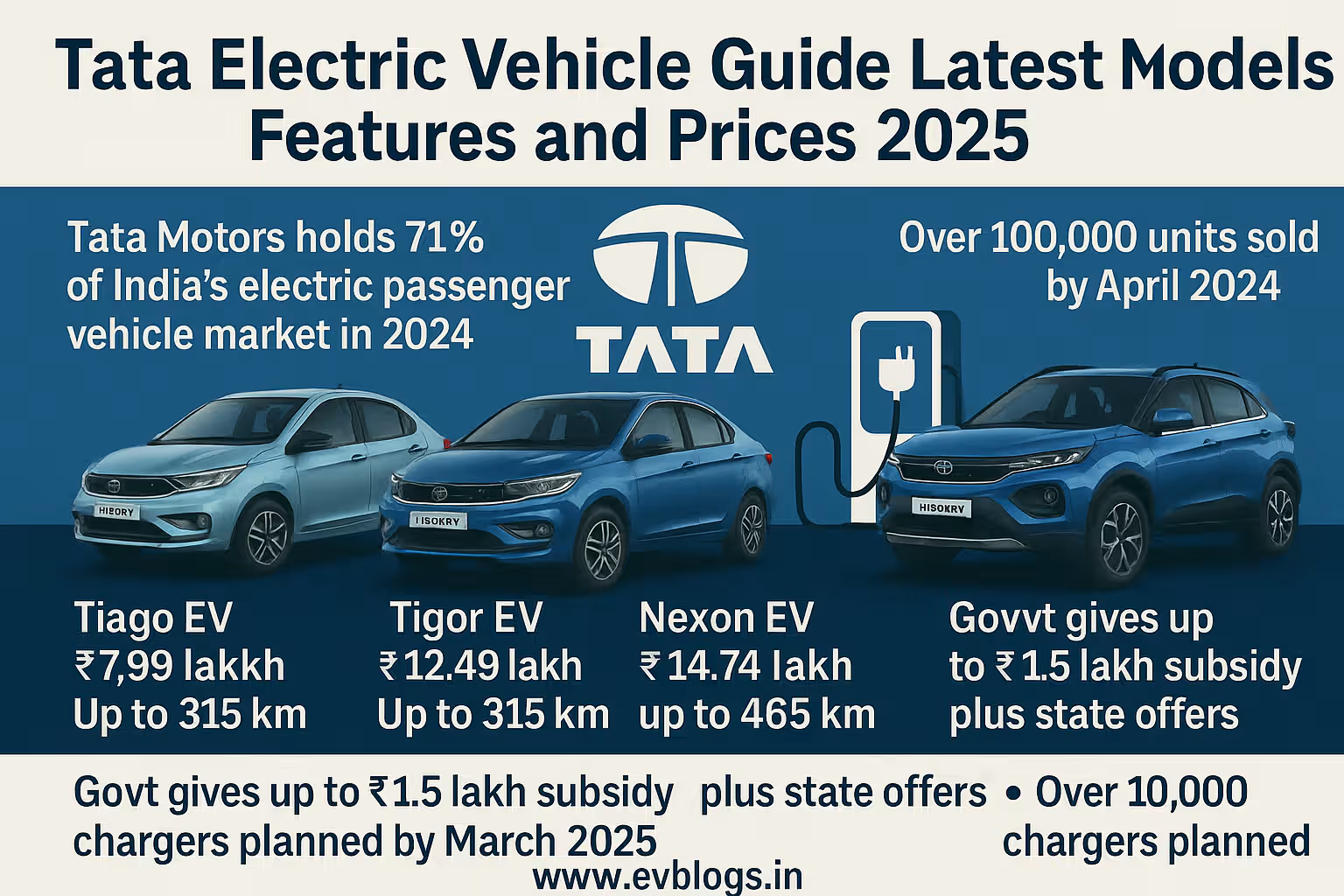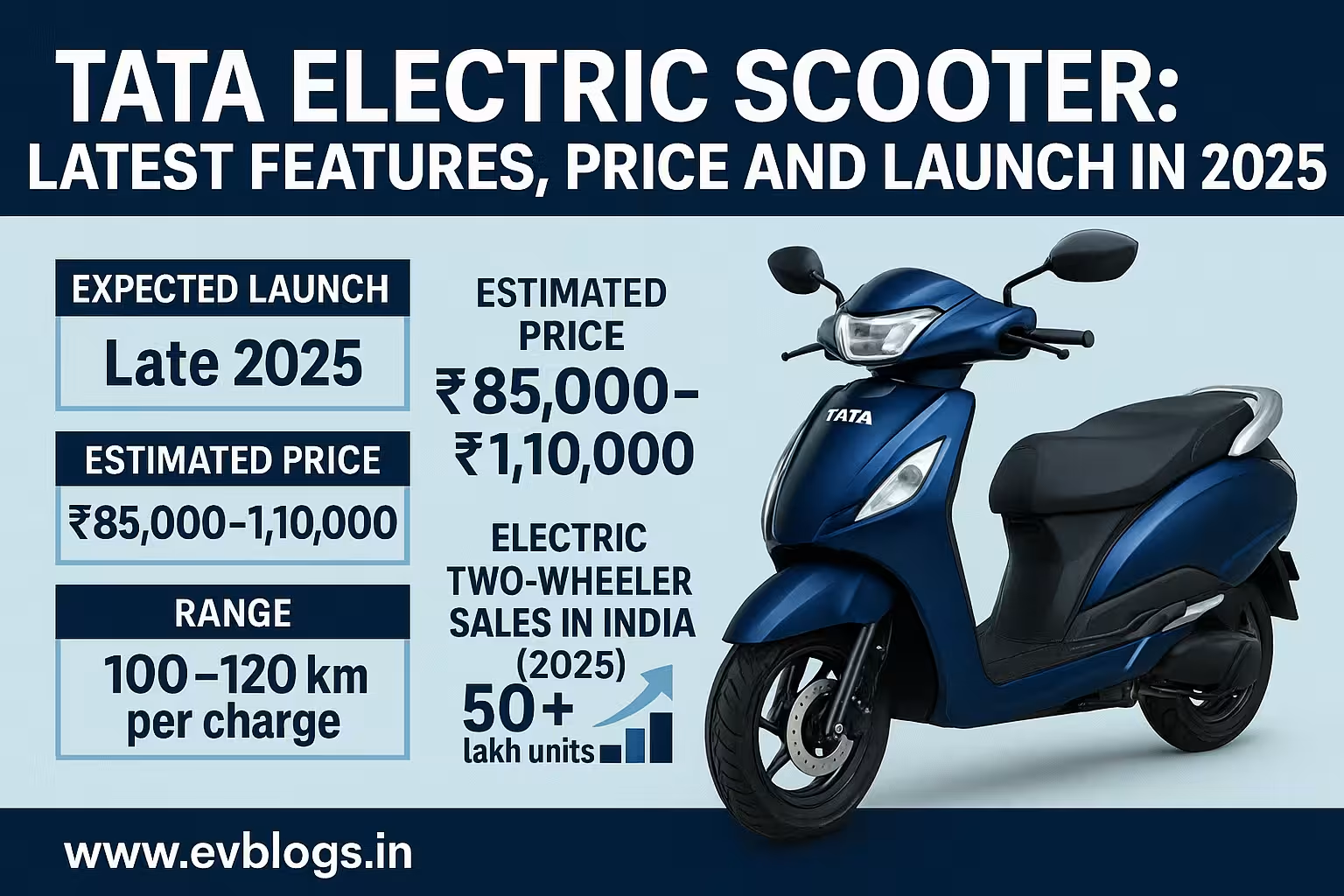Hedhvick Hirav
Hedhvick Hirav is a dedicated EV researcher and editor with over 4 years of experience in India’s growing electric vehicle ecosystem. Their contributions have been recognized in leading sustainability publications and automotive journals.
Summarize & analyze this article with
Choose an AI assistant and open this article directly:
Tip: if the AI doesn’t fetch the page automatically, paste the article URL manually.

Are electric vehicles really eco-friendly?
Yes, electric vehicles (EVs) are generally more eco-friendly than conventional petrol or diesel vehicles, especially when considering their lower tailpipe emissions and potential for cleaner energy use. However, their overall environmental impact depends on how electricity is generated and how batteries are produced and recycled.
Clear Explanation
- EVs produce zero tailpipe emissions, which means they do not emit harmful pollutants like nitrogen oxides or particulate matter while driving. This is a significant advantage in reducing urban air pollution, especially in Indian cities.
- According to the IEA Global EV Outlook 2025, EVs can reduce greenhouse gas emissions by up to 50% compared to internal combustion engine vehicles over their lifetime, assuming the electricity comes from a mix of renewable and non-renewable sources.
- In India, the electricity grid is still largely powered by coal, but the share of renewables is rising. As per the Ministry of New and Renewable Energy (MNRE), India aims to reach 500 GW of non-fossil fuel capacity by 2030, which will make EVs even cleaner over time.
- Battery production and disposal have environmental impacts, including mining for lithium and other metals. However, advancements in battery recycling and sustainable sourcing are improving the overall eco-friendliness of EVs.
- The total environmental benefit of EVs increases as the grid becomes greener and battery technologies improve.
| Aspect | EVs | Conventional Vehicles |
|---|---|---|
| Tailpipe Emissions | Zero | High (CO2, NOx, PM) |
| Energy Source | Electricity (varies) | Petrol/Diesel (fossil fuels) |
| Lifecycle Emissions | Lower (with clean grid) | Higher |
| Battery Impact | Needs improvement | Not applicable |
Key Takeaways or TL;DR
- EVs are cleaner at the tailpipe and can significantly reduce urban air pollution.
- Their overall eco-friendliness improves as India’s electricity grid shifts to renewables.
- Battery production and recycling remain environmental challenges, but progress is being made.
Final Verdict
Electric vehicles are a more eco-friendly choice than traditional vehicles, especially as India invests in renewable energy and better battery technologies. While not entirely impact-free, EVs represent a crucial step toward a cleaner, healthier environment for India’s future.
Sources
- IEA Global EV Outlook 2025
- Ministry of New and Renewable Energy, Government of India
- [NITI Aayog – Policy Think Tank](https://niti.gov.in/



